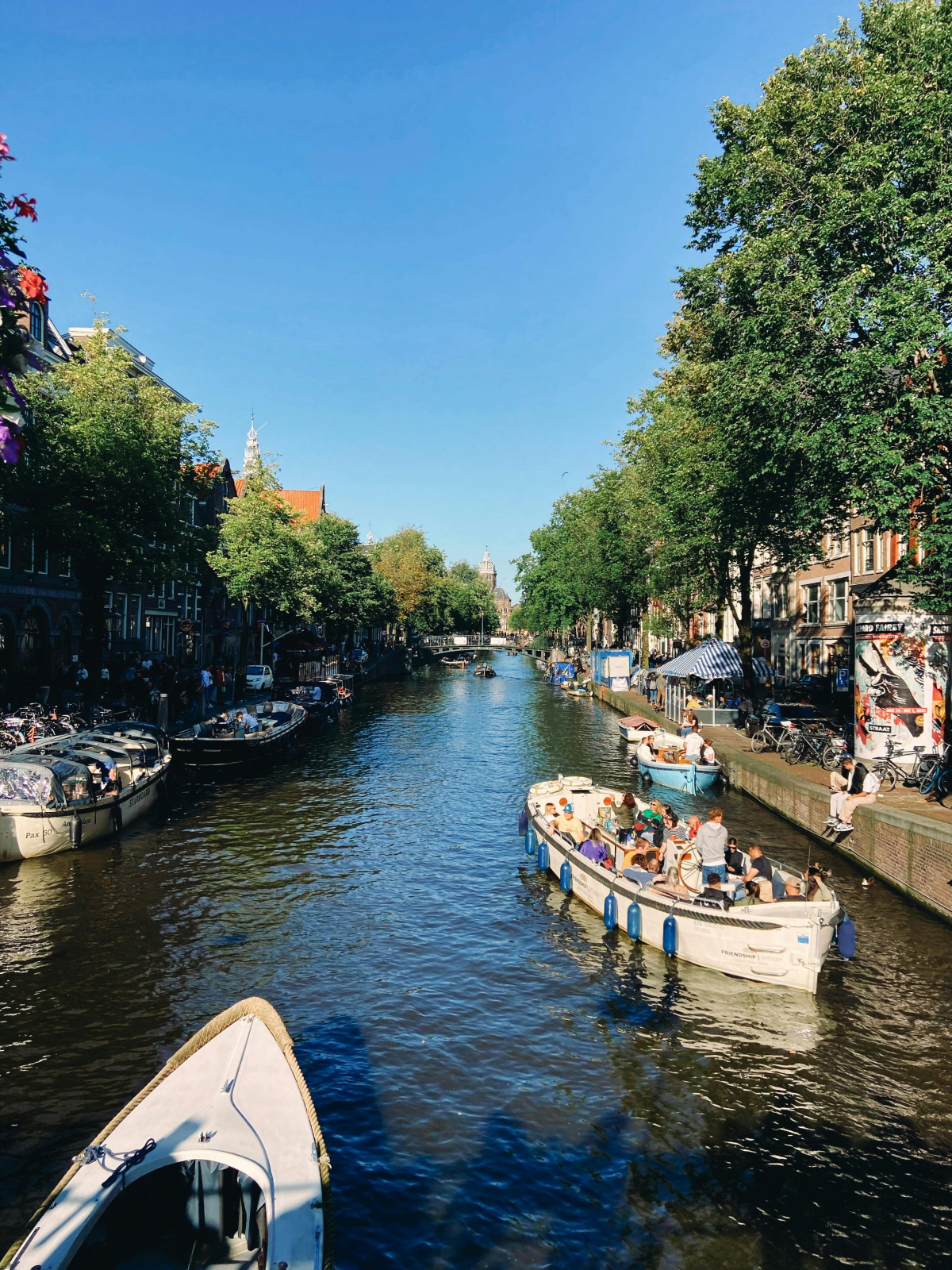

Amsterdam authorities have announced a series of measures aimed at curbing excessive tourism and preserving the city's livability for both residents and visitors. The centerpiece of this plan is a ban on the construction of new hotels within the city limits. This restriction will only be lifted if an existing hotel closes and the proposed new hotel meets higher standards of modernity and environmental friendliness. Additionally, the city is encouraging the development of hotels outside the historic center.
This latest move comes as part of an ongoing effort to address the negative impacts of tourism on Amsterdam. Previous measures have included increasing the tourist tax and limiting the number of cruise ships that can dock in the city's port.
The hotel ban is likely to be met with mixed reactions. Some residents welcome the move, seeing it as a necessary step to protect their quality of life. Others, however, express concern about potential job losses in the tourism industry.
According to CNN, the ban is part of a broader strategy by the city to manage tourism and its impact on residents. While acknowledging the economic benefits of tourism, the city is committed to ensuring that it does not come at the expense of the livability of Amsterdam.
The debate over tourism management is not unique to Amsterdam. As cities around the world grapple with the influx of tourists, they are increasingly seeking ways to balance the economic benefits with the social and environmental costs. Amsterdam's latest measures offer a potential model for other cities facing similar challenges.
 Blogs
Blogs
